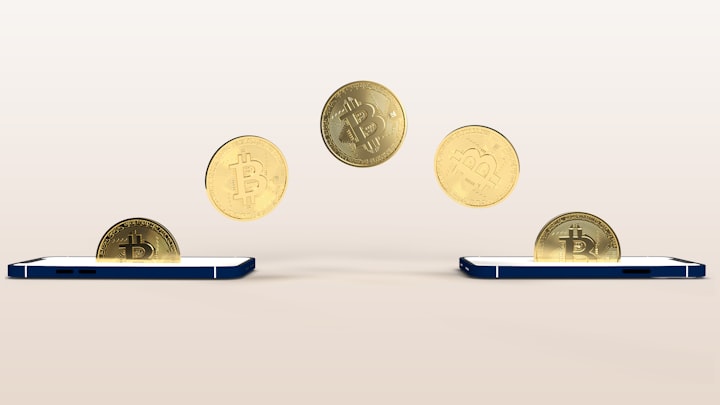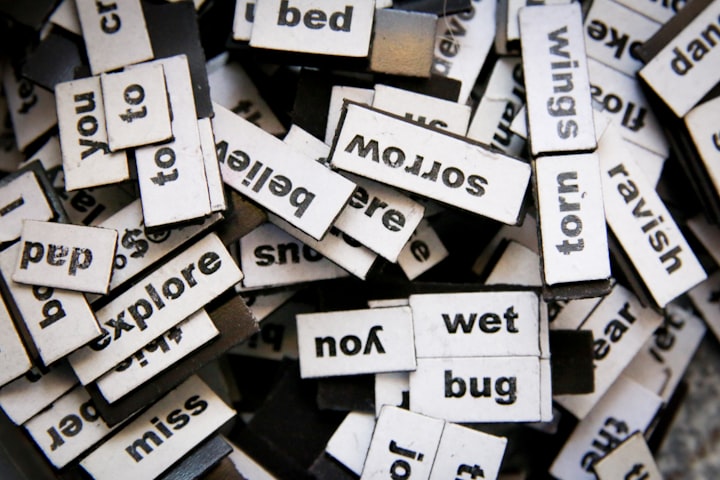Block Chain Technology Might Be the Next Big Thing in Food
When planning your editorial calendar, refer to the timeline of key industry events to ensure timely coverage.

Failures in the world's food supply chains have become synonymous with malfunctioning supply systems. Take a look at the last two years and see what the supply chain has done to the food industry. Blockchain technology (BT) is a tool to improve future food system policies, traceability, and flow and success of these supply chains. BT can improve consumer confidence, production speed and product efficiency. Something the food industry can use right now. By enabling faster and cheaper delivery of products, improving supply chain transparency and traceability, improving real-time coordination between trading partners and significantly improving the records of all parties involved, BT will: It can greatly improve the global food supply chain.
What is a “blockchain system”? Blockchain is a digital system for tamper-proof records of commercial transactions between multiple trading parties. The food supply chain is perfectly suited for this decentralized record keeping system. Keeping blockchain records allows an unlimited number of trading partners to trade privately, anonymously and securely. These transactions do not require a central intermediary. The food supply blockchain allows trading partners to secure their business operations and supply chains while achieving greater performance, control and system security. Simply put, a blockchain is a digital “record” maintained by a network of computers.
In general, this decentralized and robust system is now used in the global financial system. Within such a blockchain, a record is a distributed database in the form of encrypted blocks used for transactions or digital events carried out between participating partners.
So how does this technology work? The Food and Drug Administration (FDA) has proposed a new era of smart food safety plan for 2020 to improve food traceability.
To extend this concept and improve food traceability, many trading partners are looking to expand their use of blockchain technology. Blockchain technology makes it possible to more reliably trace finished or marketable products back to their origin (“from producer to consumer”). Using BT in conjunction with the Internet of Things (IoT), the entire food supply chain can be tracked almost instantly. Scan and track IoT/QR codes in seconds for complete transparency.
Since passage of the Food Safety Modernization Act (FSMA), the FDA has been working towards full product traceability. As an FSMA requirement, record keeping for designated high-risk foods is included in Section 204(d) Food Tracking and Traceability and Enhanced Record keeping. “FSMA Section 204, Enhanced Tracking and Tracing for Food and Record keeping, requires additional records for certain foods to provide clear traceability of the origin of the food when necessary to address food safety risks. We are directing the FDA to develop control requirements.” Remove (recall) problematic foods and supplies. Additionally, 9 CFR Part 86 on animal disease traceability requires tracking.
When planning for the May 2018 issue, he learned that for small businesses the FSMA Food Sanitary Transportation (STF) rule was going into effect the previous month, so the STF was probably an industry individual on this. You will want to know more.
What I didn't plan for a year ago is how many experts in the field want to talk about blockchain technology. It seems like I've been getting emails containing the word blockchain at least once a week for the past few months. It's not as widespread as the phrase Internet of Things, but it's definitely the new buzzword.
There is not yet a concise way to describe blockchain technology as it is for IoT. As explained earlier, the toaster has a Facebook page and sends status updates to the refrigerator. The best I can do right now is cite other definitions that describe it as a digital distributed ledger
When I started interviewing people for the STF article and blockchain kept coming up, I was really only familiar with it in terms of Bitcoin, which uses the technology to fuel the cryptocurrency payment system. To get a better handle on all of this, I went to the one person I know who owns Bitcoin-our office's IT support admin. We had about an hour-long conversation about the trend, and when I talked about blockchain in terms of food safety, he got a spark in his eye and said, "Yep, I definitely can see how that would be useful."
That's the same enthusiasm I was met with when interviewing a number of the experts about blockchain technology being applied to ensure food safety in the entire supply chain. Experts are envisioning this as unlocking the capability of a true end-to-end communication and verification food safety tool, used throughout the supply chain from grower to retailer, making all the information visible by all parties.
Blockchain is just one of the transformative technologies to watch in the next few years. Some others are artificial intelligence and mixed (virtual and augmented) reality, both of which are particularly useful in the context of plant operations.
I know some of you may be thinking, "Yeah, these concepts aren't all that new," but what could change the game is the sophistication of the technology and how they fit into modern manufacturing facilities. How is it applied and used?
Another important factor to consider is the imminent arrival of 5G, which could open up many opportunities to connect people, tools and devices.





Comments
There are no comments for this story
Be the first to respond and start the conversation.